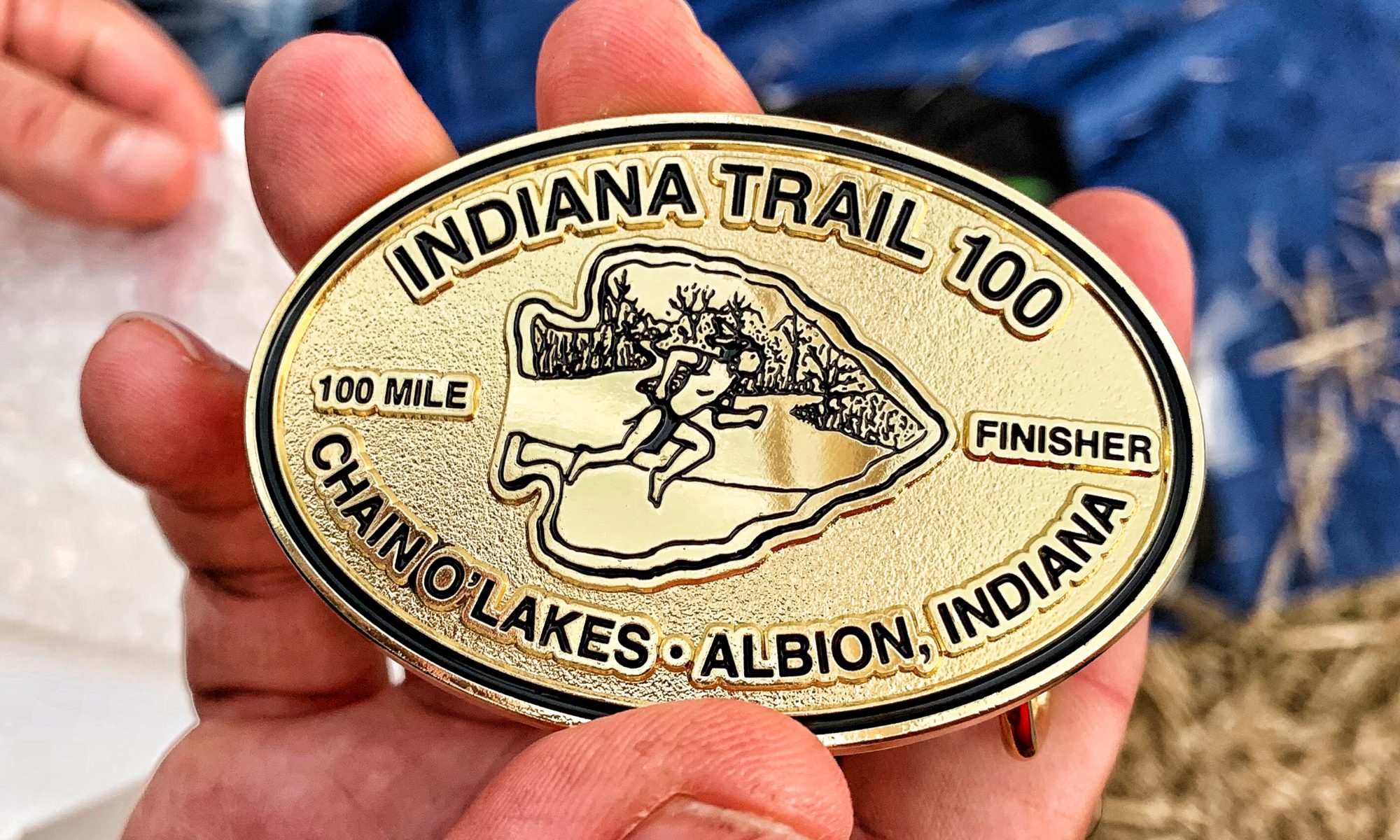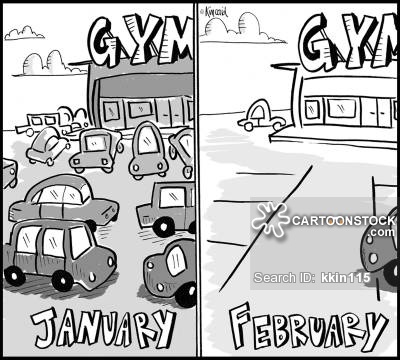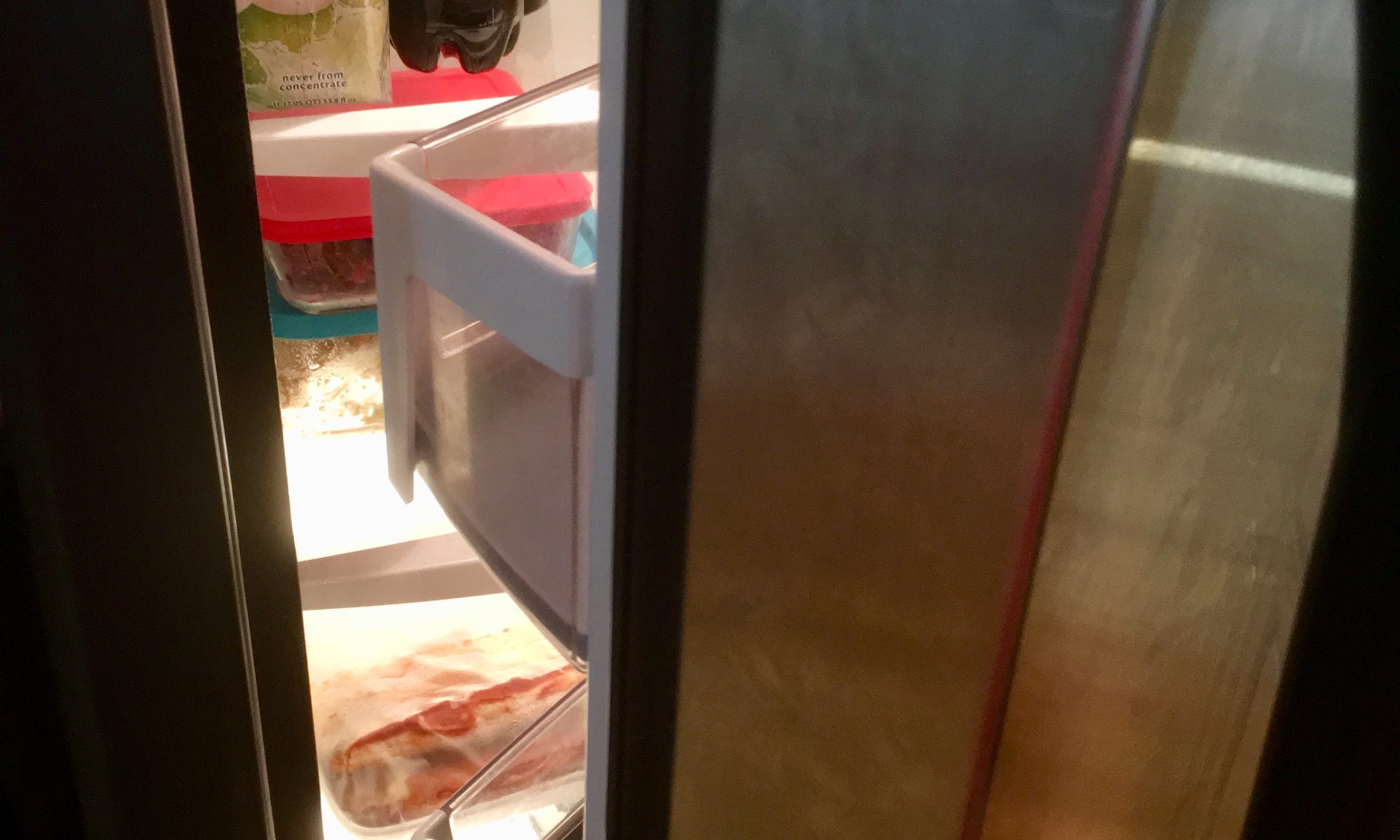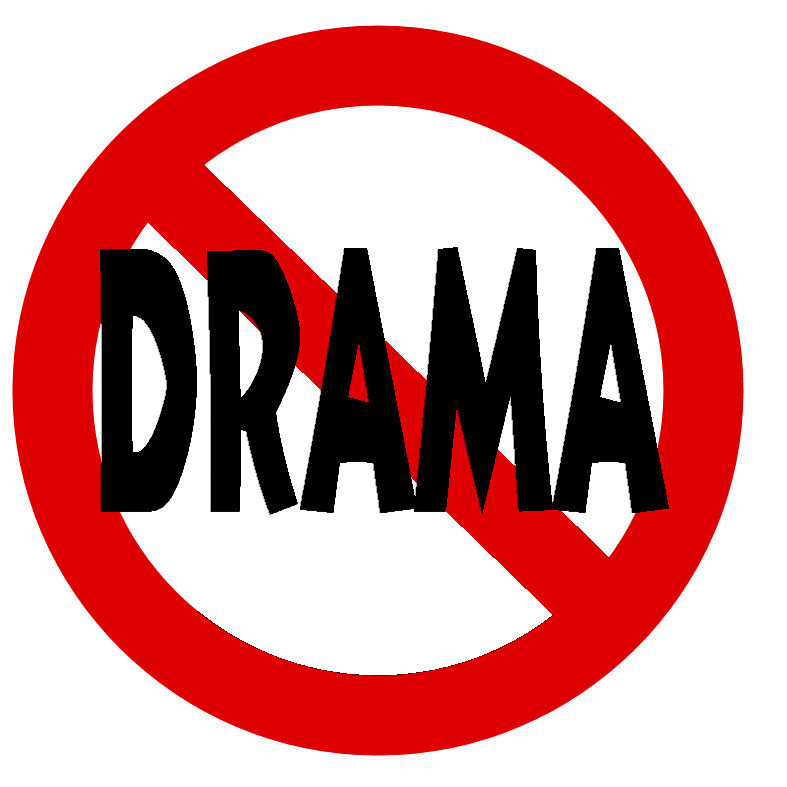“Most problems in life are simple to solve. I didn’t say EASY, I said SIMPLE.” – Joe the Runner
When I was at my heaviest, my family and my doctor were telling me that I needed to change. My blood pressure was high, I lacked energy, and my legs almost always hurt. I knew that they were all right, but I wasn’t ready. We would have discussions around why I was so heavy and what had gotten me to this point. Was it genetics? Many of my family members are obese? Had my metabolism slowed down? Etc. This was always my reply. “I am fat because I eat too much, drink too much, and I don’t exercise.” That my friends, is owning it.
Now don’t get me wrong here. Owning it is NOT the same thing as doing something about it. But it is a step in the process. Deep down, I knew why I was obese, and I also knew I wasn’t ready to change it. But as long as I didn’t lie to myself, I also knew that when I was ready, I would make the changes I needed to, and get healthy. Sure enough, that’s what happened. For whatever reason, when I was ready, I got off my butt and started to make changes. I took to running. My alcohol consumption plummeted. I cleaned up my diet. And I lost weight as a result.
There are a lot of reasons why we don’t own our issues. However, for the overwhelming majority of us, it’s most likely that it’s just easier when our problems are someone else’s fault. Money issues. “It’s my boss’ fault, I don’t get paid enough.” Weight issues. “It’s genetics, it runs in my family.” And the list can go on and on. The great thing about it being someone else’s fault, is that you don’t have to do anything about it. Right? I mean, if there is nothing you can do to lose weight, why bother eating healthy and exercising? If your boss won’t give you a raise, why work hard?
Look what happens when you own your issue though. “I don’t make enough money because I don’t add enough value to the organization.” “I am overweight because I don’t eat healthy and exercise.” Now the onus is on you. You have to admit that you are not living the life you want because of the choices that you are making and everyday it remains that way, it is your own fault. Now, when you are ready, you will do something about it.
You’ll go to work and look for ways to add value and get rewarded. If your boss still doesn’t belly up, you’ll look for another job. Instead of a beer, you’ll drink water and get out there for a walk. You get the point. Once you’ve owned your issue and are ready, you’ll start to take action. Consistent actions lead to new habits, and new habits lead to results. Most problems in life are simple to solve. I didn’t say EASY, I said SIMPLE. We know when we don’t have money, we shouldn’t buy that new pair of shoes, but it’s hard to put off that gratification. SIMPLE solution, but HARD to do.
My suggestion is taking small steps. Identify something that you really would like to change, and really own it. Take ownership of the issue by looking at it as something that you can control. Do this over and over with this one issue, and eventually you will get to that point where you are ready to make changes. When you get to that point, you WILL take action. The only one who can change you, is you.
If I can help you on your journey in any way, please reach out to me.
For behind the scenes photos and comments on my training and personal life, follow me on Instagram: joe_the_runner Strava: Joe Randene YouTube: Joe Runner Facebook: Joe Randene
Questions, comments, feedback? Please leave them in the comments section BELOW and we can have a discussion!









